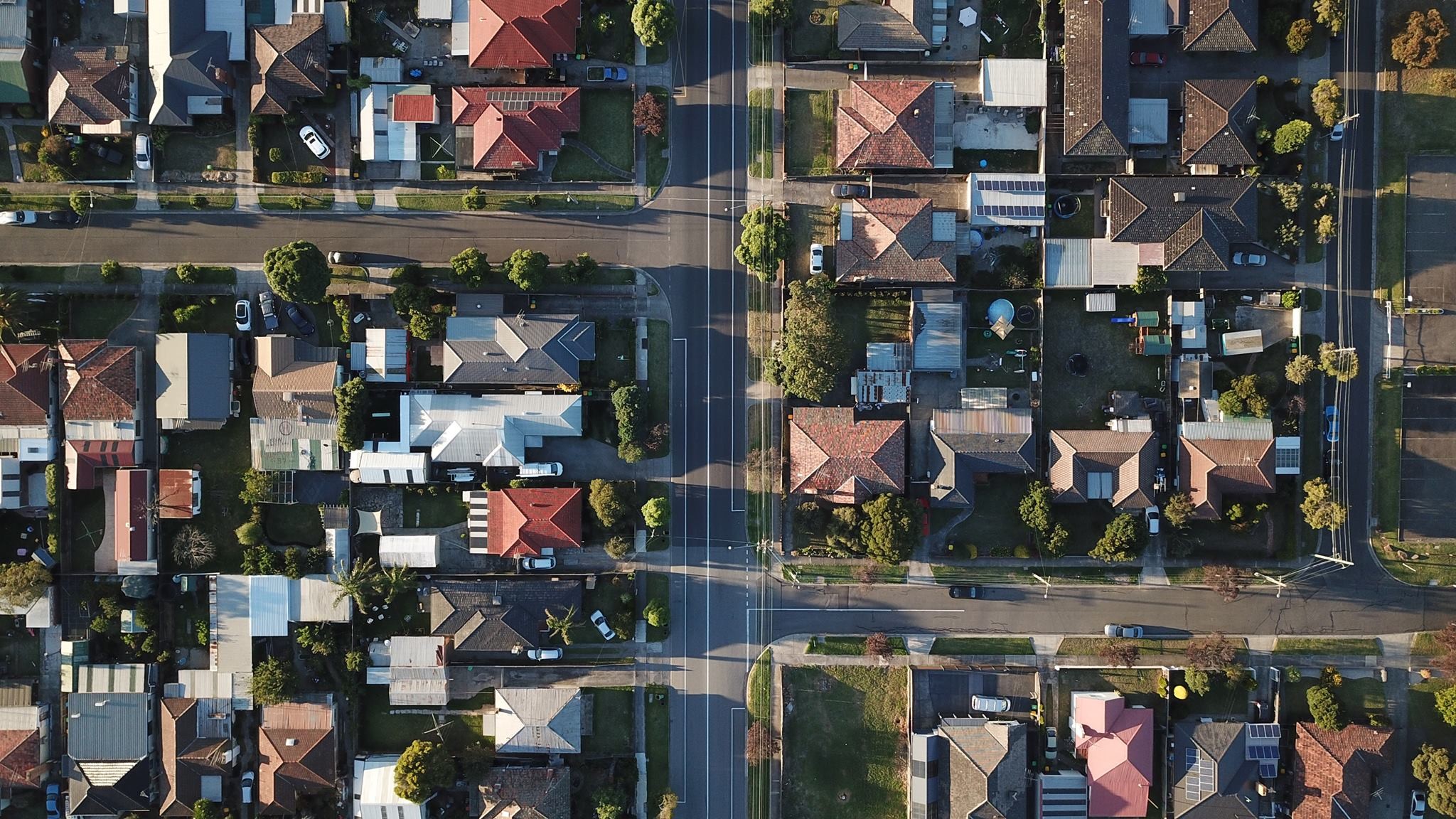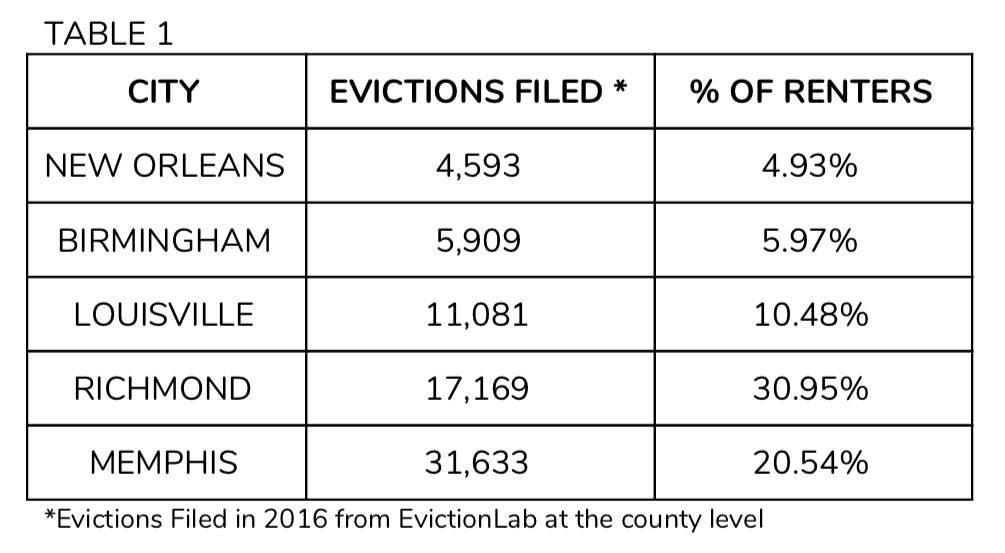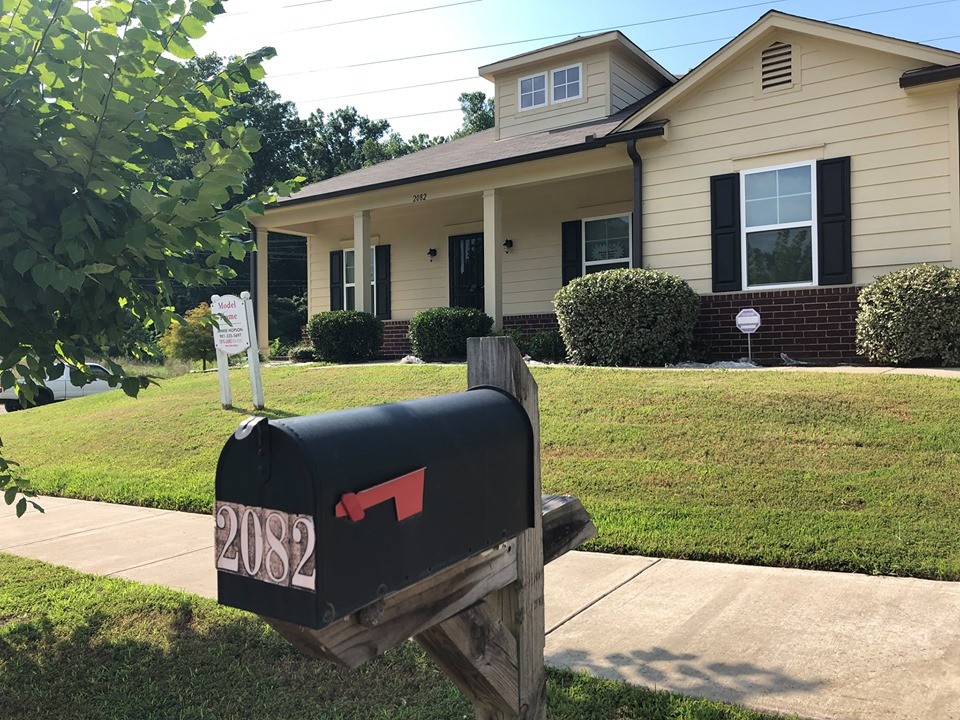 United Housing/Facebook
United Housing/Facebook
Memphis is the fastest-growing rental market in the country and the city faces an “eviction crisis,” according to experts at Tuesday’s inaugural State of Memphis Housing Summit.
It was a day of far-ranging discussions around housing that delved into topics like gentrification, redlining, the affordable housing gap, and the connection between housing and health. Speakers included government officials like Memphis Mayor Jim Strickland, Shelby County Mayor Lee Harris, and Paul Young, the city’s director of Housing and Community Development. But the summit also brought in real estate brokers, academics, lawyers, nonprofit leaders, and housing advocates from across the city and the country.
One discussion focused on the impacts absentee owners have on Memphis neighborhoods. In it, experts described a massive rental market here but one largely controlled by out-of-state, Wall-Street-backed investor groups that one speaker said ran their businesses here much like the mafia would.
Memphis was listed as the fastest-growing rental market in the country in a 2018 Zillow study, which found that 56 percent of single-family homes here were rented, not owned. It’s a massive statistic given more than three-quarters of the city’s housing stock is comprised of single-family homes. Investor groups and large corporations own 95,604 of those properties. Of those properties, more than 40 percent of their owners reside out of Tennessee.
With this boom in single-family rentals, has come a rising level of evictions from homes here. Austin Harrison, a researcher from Georgia State University and a housing consultant, told the Housing Summit crowd gathered at the Memphis Botanic Gardens Tuesday that the ”eviction crisis” here ”destabilizes families and communities.”
From 2016 to April 2019, 105,338 eviction notices were filed in Shelby County General Sessions Civil Court, according to Harrison. In 2016, 4,593 evictions were filed in New Orleans, 5,909 were filed in Birmingham, and 17,169 were filed in Richmond.

In that same year, 31,633 eviction notices were filed in Memphis. Notices here went out to nearly 21 percent of all Memphis renters. Renters who got eviction notices were predominantly African American, Harrison said.
Ben Sissman, a Memphis-based foreclosure prevention attorney, said most evictions here happen simply because the tenant does not make enough money to pay rent. But investor groups will use eviction or threat of eviction to squeeze money from tenants.
“These Wall Street guys — if you think of them in the same mindset as the mafiosos — they are predatory landlords,” Sissman said. “They’re selling high and doing no work. They deny responsibility for what they’re doing. All they want is the rent money and nothing else.”
Sissman described the strategy as “pump and dump.” Harrison called it “milking” the market.” They agreed, though, that the strategy is to buy homes in bulk for little, getting as much money for them as they can, and moving on.
“All these guys want to do is to maximize the short-term gain,” said Harrison. “They don’t inspect the properties. You’ll hear stories about mold, or the plumbing or the electricity not working. They don’t fix anything.”
 United Housing/Facebook
United Housing/Facebook
But Harrison explained 90 percent of landlords are ”good actors.” The rest, though, are buying up large portions of housing stock and they’re doing it all over the country.
However, Nedra Reddit, a real estate broker in Memphis, said the city does “have a major problem” with absentee landlords here “but not as big as we’d like to sit around and discuss it.”
“I believe we’re just hiding behind ’we don’t know who they are,’” Reddit said. “We know who they are. I represent the National Association of Real Estate Brokers. Cheryl Muhammad is our president. Call her if you want to know what to do with an absentee landlord.
“We have in place a way to locate everybody and we’d like to let Memphis know we are here as the central point of contact for any housing need, whether someone isn’t paying their mortgage and they’re about to lose (their home) or they can’t get their landlord to fix the water heater.”